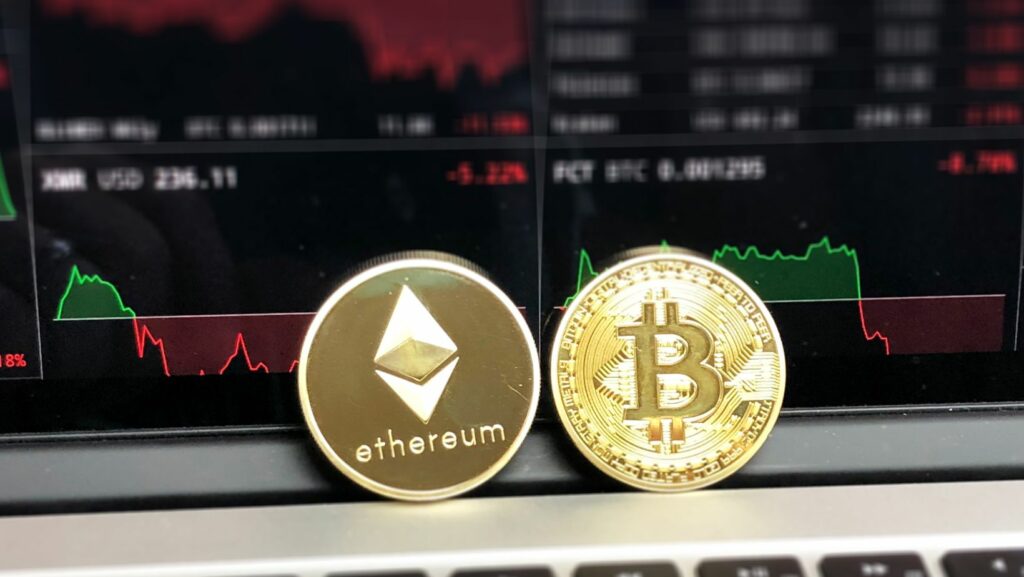
Bitcoin mining, a fundamental system within the maintenance and protection of the Bitcoin community, has advanced from a hobbyist hobby to a sophisticated industry with sizable funding capability and specific demanding situations. This article delves into the opportunities and demanding situations of Bitcoin mining, exploring its economic viability, technological necessities, environmental impact, regulatory concerns, and techniques for prospective buyers searching to take part in this dynamic quarter. Go quantumvoxis.com, and you can get a better understanding of investing and find new investment opportunities with premium education under your belt.
Understanding Bitcoin Mining
Bitcoin mining includes validating transactions and securing the community by solving complicated mathematical puzzles using computational power. Miners compete to feature new blocks on the blockchain and are rewarded with newly minted bitcoins and transaction fees. Key factors in Bitcoin mining consist of:
Proof-of-Work (PoW) Consensus Mechanism:
Bitcoin’s PoW algorithm requires miners to use up electricity and computational resources to validate transactions and preserve community protection.
Mining Rewards and Halving Events:
Miners acquire block rewards, which halve approximately every four years, influencing miner incentives and the economics of mining operations.
Mining Pools and Network Participation:
Mining pools combine computational power from a couple of miners to increase the likelihood of solving blocks and distributing rewards amongst members.
Investment Opportunities in Bitcoin Mining
Potential for Profitability:
Bitcoin mining may be profitable throughout periods of favorable market conditions, with mining rewards, transaction prices, and the charge of Bitcoin impacting profitability metrics.
Diversification of Investment Portfolios:
Bitcoin mining operations diversify funding portfolios by including publicity to the cryptocurrency surroundings, complementing conventional asset lessons.
Technological Innovation and Infrastructure Development:
Investment in mining hardware, software, and infrastructure supports technological innovation and scalability within the Bitcoin mining industry.
Challenges in Bitcoin Mining
High energy consumption:

Bitcoin mining consumes significant electricity, raising concerns about the environmental sustainability and carbon footprints associated with PoW mining operations.
Technological Obsolescence:
Rapid advancements in mining hardware and issue modifications necessitate non-stop upgrades and funding for contemporary equipment to stay competitive.
Regulatory Uncertainty:
Regulatory frameworks governing cryptocurrency mining vary globally, impacting operational feasibility, compliance requirements, and investor self-assurance.
Environmental Impact and Sustainability
Energy Consumption and Carbon Footprint:
Bitcoin mining’s power-intensive nature has sparked debates about its environmental effects, prompting tasks for sustainable mining practices and renewable electricity adoption.
ESG (Environmental, Social, and Governance) Considerations:
Investors and stakeholders more and more prioritize ESG criteria when comparing Bitcoin mining investments, emphasizing transparency, accountable resource control, and community engagement.
Regulatory Landscape and Compliance
Regulatory Compliance and Legal Frameworks:
Navigate regulatory environments and compliance necessities governing cryptocurrency mining operations, including licensing, tax implications, and adherence to nearby legal guidelines.
Geopolitical Considerations:
Geopolitical elements have an impact on regulatory techniques for Bitcoin mining, impacting market entry, operational balance, and worldwide alternate relationships.
Strategic Considerations for Investors
Risk Management and Diversification:
Implement change management techniques, consisting of diversification across mining operations, asset training, and geographic regions, to mitigate volatility and operational risks.
Long-Term Investment Horizon:
Adopt an extended-term attitude while investing in Bitcoin mining, thinking about marketplace cycles, technological improvements, and regulatory developments affecting profitability and sustainability.
Due Diligence and Professional Advice:
conduct thorough due diligence, try to find advice from enterprise professionals, and stay knowledgeable about marketplace developments, technological improvements, and regulatory updates impacting Bitcoin mining investments.
Future Outlook and Industry Trends
Evolution of Mining Technologies:

Advancements in mining hardware performance, scalability answers, and community protocols beautify operational efficiency and profitability in Bitcoin mining.
Institutional Participation and Market Maturation:
Increasing institutional involvement, financial derivatives, and investment cars make a contribution to market liquidity, balance, and mainstream adoption of Bitcoin mining as an asset magnificence.
Sustainability Initiatives and Innovation:
Collaborative efforts towards sustainable mining practices, renewable electricity integration, and ESG tasks promote environmental stewardship and industry resilience.
Conclusion
Bitcoin mining represents a dynamic zone with investment possibilities shaped by technological innovation, marketplace dynamics, regulatory landscapes, and environmental considerations. As traders navigate the complexities of Bitcoin mining, know-how profitability metrics, threat elements, regulatory compliance, and sustainability practices are important for informed decision-making. By adopting strategic funding strategies, leveraging technological improvements, and adhering to moral and regulatory requirements, investors can capitalize on the capabilities of Bitcoin mining while contributing to industry resilience and sustainable development within the digital financial system.











